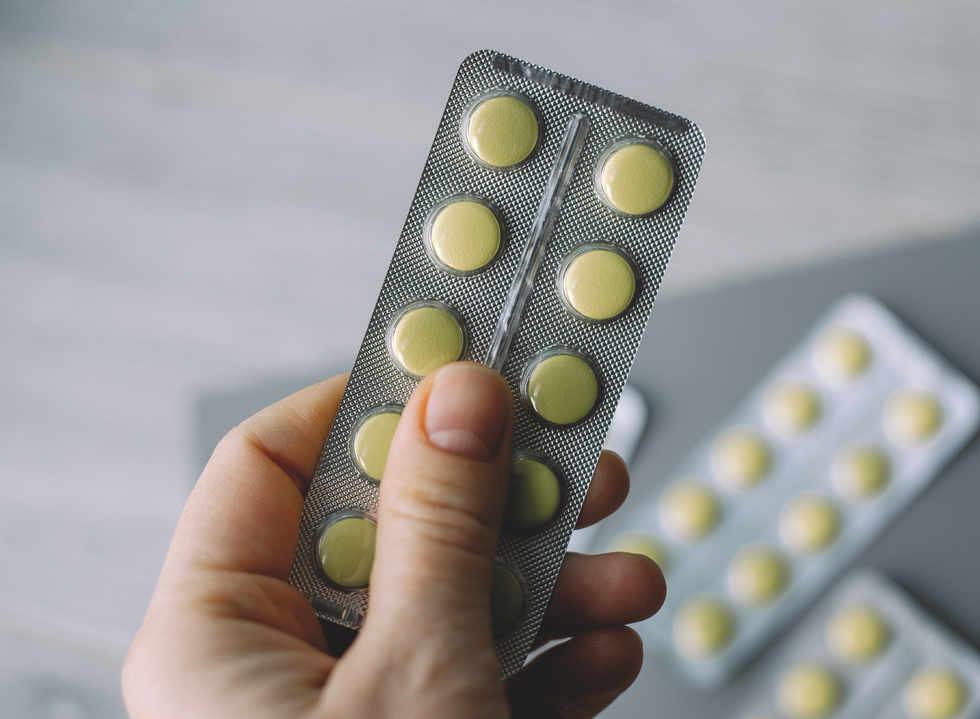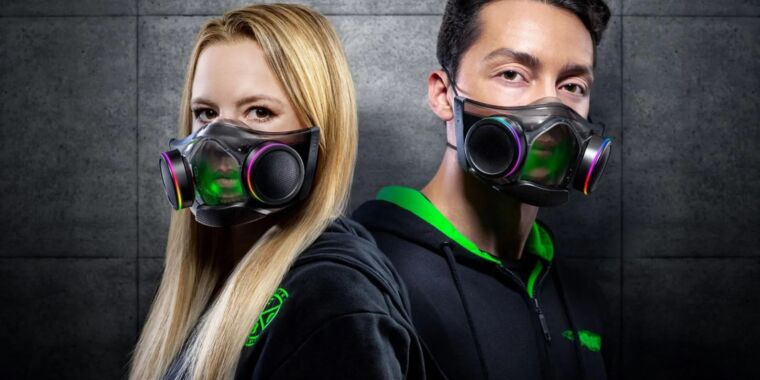

Hay fever season has come back around and many Britons are already feeling the effects.
Antihistamines and nasal sprays can take the edge off but if you feel like nothing is working, overhauling your diet may help.
According to Doctor Ann Nainan of The Travelling Doc, foods rich in omega-3 fatty acids are “little wonders” as they have anti-inflammatory properties that may help “calm your hayfever woes”.
She recommends upping your intake of fatty fish like salmon and trout, as well as nuts and seeds.

Research suggests that Omega-3 fatty acids can help alleviate allergy symptoms by supporting the immune system
Getty Images
How does omega-3 help?
Research suggests that omega-3 fatty acids can help alleviate allergy symptoms by reducing inflammation and supporting the immune system.
Hay fever is an allergic reaction to your immune system that causes inflammation in the lining of the nose and makes your nose more sensitive to irritants in the air.
Omega-3 fatty acids have been shown to dampen down the production of pro-inflammatory molecules, such as cytokines.
Omega-3 fatty acids also promote the production of anti-inflammatory molecules, such as resolvins and protectins.
These molecules actively work to resolve inflammation, further contributing to the alleviation of allergy symptoms.
If you’re looking for a more immediate fix to hay fever, your best bet is to try tablets, nasal sprays or eye drops.
For complete relief, experts say to use eye and nasal sprays alongside tablets.
Anti-allergy medicine, known as antihistamines, is often seen by experts as the most popular form of treatment for hayfever.
Carolina Goncalves, superintendent pharmacist at Pharmica, said: “Fexofenadine can help treat a runny nose, sneezing, itchy and watery eyes, or an itchy nose or throat. It is a non-drowsy antihistamine that works by blocking histamine (a substance in the body that causes allergic symptoms).”

Fexofenadine can help treat a runny nose, sneezing, itchy and watery eyes, pharmacist says
Getty Images
“Other antihistamines worth considering that have a similar effect include Cetirizine and Loratadine.”
Nasal sprays are another form of treatment that will help alleviate runny noses and sneezing.
“Corticosteroid nasal sprays can help reduce nasal inflammation and clear up the nasal passages, preventing sneezing and a runny nose,” Ms Goncalves said
“Individuals looking for a non-corticosteroid option to treat blocked noses may also wish to consider saline nasal sprays to help increase the moisture content within the nasal cavity, thinning out the mucus and making it easier to expel.”
Goncalves recommends considering eye drops containing sodium cromoglicate as an effective treatment. This ingredient is known to prevent mast cells in the eyes from releasing histamine and other substances that trigger allergies.
24World Media does not take any responsibility of the information you see on this page. The content this page contains is from independent third-party content provider. If you have any concerns regarding the content, please free to write us here: contact@24worldmedia.com

Do you believe the Covid vaccine had negative side effects? VOTE HERE

Latest Google layoffs hit the Flutter and Python groups

‘Women’s rights have been attacked constantly!’

Here’s your chance to own a decommissioned US government supercomputer

AWS S3 storage bucket with unlucky name nearly cost developer $1,300

FTC fines Razer for every cent made selling bogus “N95 grade” RGB masks

Apple confirms bug that is keeping some iPhone alarms from sounding

Roundtables: Inside the Next Era of AI and Hardware

Supplements: Ginkgo biloba boosts memory